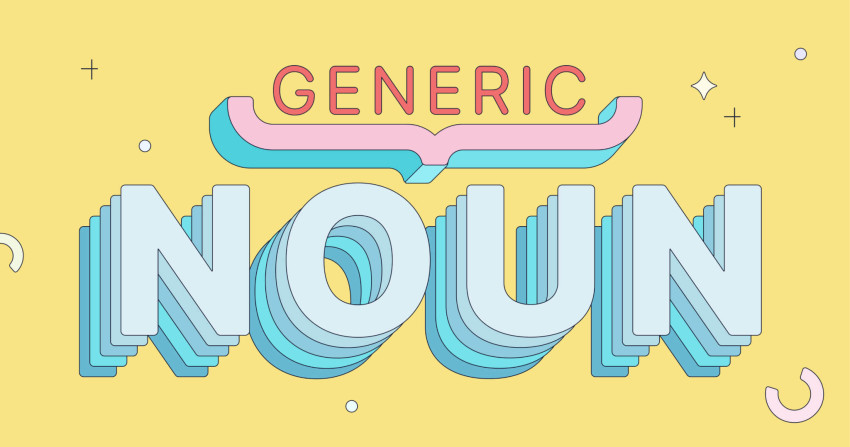
Introduction: Nouns are the building blocks of language, and they come in various forms, each with its unique purpose and charm. In this exploration, we'll delve into the realm of nouns that start with C. From common to curious, concrete to abstract, these nouns paint a vivid tapestry of expression and meaning.
1. Common Nouns: Common nouns are everyday words that represent general people, places, or things. They provide the foundation of our language.
Examples:
- Cat: The furry feline is often found as a beloved pet.
- Car: A mode of transportation that has revolutionized modern life.
2. Proper Nouns: Proper nouns, in contrast, refer to specific, individual entities. They are always capitalized and denote particular names, titles, or places.
Examples:
- Catherine: The name of a cherished friend.
- California: A state famous for its diverse landscapes.
3. Collective Nouns: Collective nouns refer to groups or collections of people, animals, or things. They convey a sense of unity or togetherness.
Examples:
- Crew: A team working together on a common goal.
- Concert: An event where musicians perform for an audience.
4. Abstract Nouns: Abstract nouns represent intangible concepts, emotions, or qualities. They allow us to discuss ideas and feelings.
Examples:
- Courage: The bravery to face challenges.
- Confusion: A state of being perplexed or bewildered.
5. Countable Nouns: Countable nouns can be quantified, and they can appear in both singular and plural forms.
Examples:
- Child: One child, two children.
- Coins: A handful of coins jingled in his pocket.
6. Uncountable Nouns: Uncountable nouns, on the other hand, cannot be counted individually and do not have a plural form.
Examples:
- Coffee: I prefer my coffee black.
- Courage: Her courage was truly remarkable.
7. Compound Nouns: Compound nouns are created by combining two or more words to form a single noun, often representing a specific idea or object.
Examples:
- Crosswalk: A designated pedestrian path at intersections.
- Classroom: Where students and teachers gather for lessons.
8. Common Gender Nouns: Common gender nouns can refer to both males and females, making them gender-neutral.
Examples:
- Child: Can refer to a boy or a girl.
- Cousin: Your cousin might be male or female.
9. Concrete Nouns: Concrete nouns represent tangible, physical objects that can be perceived through the senses.
Examples:
- Chair: You can see, touch, and sit on a chair.
- Chocolate: The sweet taste of chocolate delights the senses.
10. Abstract Nouns: Abstract nouns, as mentioned earlier, represent intangible concepts, emotions, or qualities.
Examples:
- Creativity: The ability to generate imaginative ideas.
11. Compound Nouns: Compound nouns, as mentioned earlier, result from combining two or more words to create a single noun with a specific meaning.
Examples:
- Cross-country: A type of race that spans long distances.
- Cityscape: The view of a city's skyline and architecture.
Nouns that begin with "C" encompass a wide spectrum of linguistic richness, ranging from everyday objects to profound concepts. They allow us to communicate effectively and express our thoughts, feelings, and ideas with precision. By appreciating the versatility of these nouns, we gain a deeper understanding of the intricate tapestry of language that enriches our daily lives.



